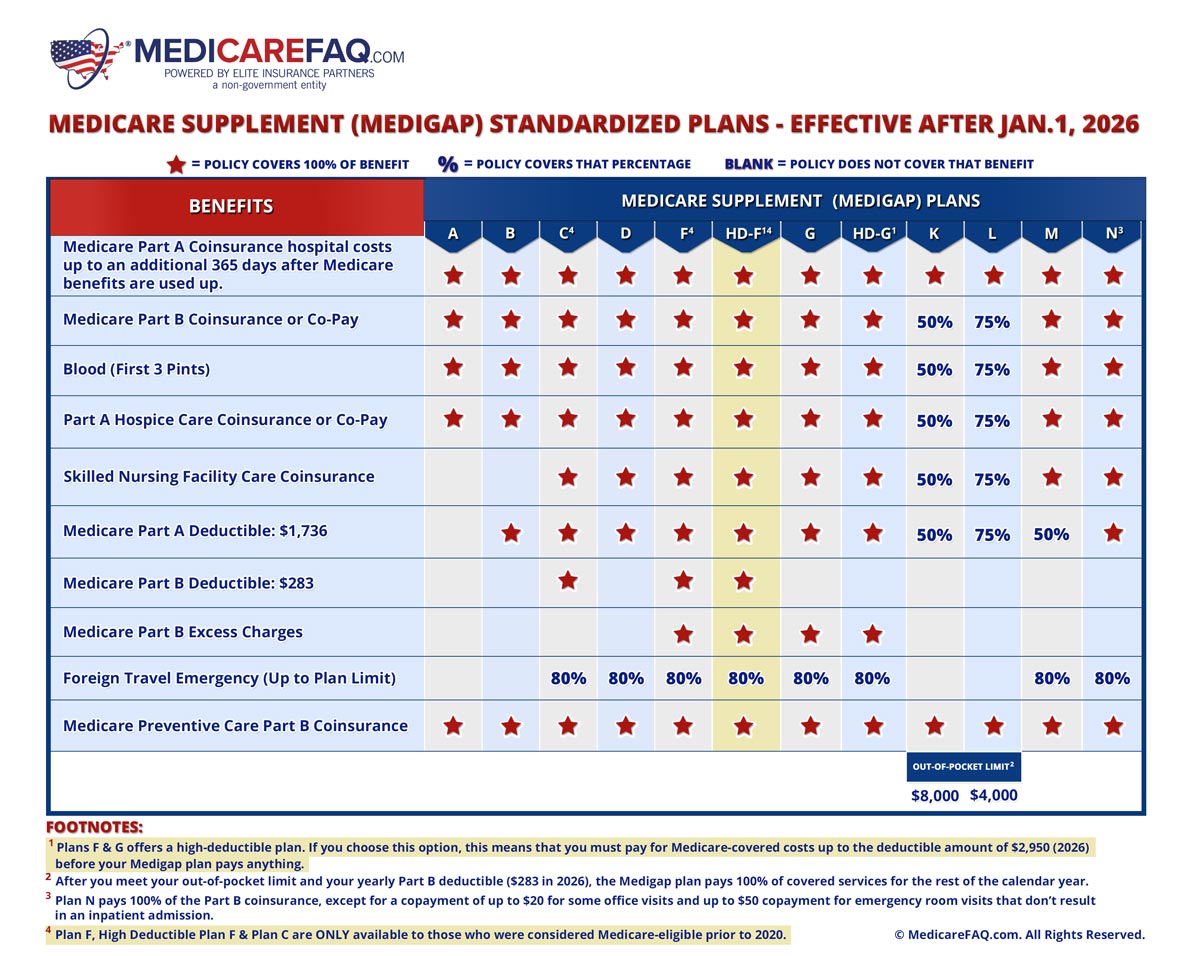Navigating Medicare: AARP UnitedHealthcare Supplement Plan F
Medicare can feel like a maze, especially when trying to decipher the alphabet soup of supplement plans. For many, AARP-branded Medicare Supplement Plan F, offered by UnitedHealthcare, has been a popular choice. But what is it, and is it still the right fit for you? This comprehensive guide dives deep into the AARP UnitedHealthcare Medicare Supplement Plan F, exploring its benefits, costs, alternatives, and more.
AARP UnitedHealthcare Medicare Supplement Plan F was designed to provide comprehensive coverage for Medicare beneficiaries. It helps fill the "gaps" in Original Medicare (Parts A and B), such as copayments, coinsurance, and deductibles. Essentially, it picks up where Original Medicare leaves off, offering significant financial protection against unexpected medical expenses. For years, Plan F was the gold standard, offering the most extensive coverage available.
The history of Medigap plans, including Plan F, is intertwined with the development of Medicare itself. As Medicare evolved, so did the need for supplemental coverage to address out-of-pocket costs. Private insurance companies stepped in to offer these Medigap policies, and AARP, a trusted organization for seniors, partnered with UnitedHealthcare to provide their members access to these plans. Plan F, with its comprehensive coverage, became a cornerstone of this offering.
However, changes in Medicare law, specifically the Medicare Access and CHIP Reauthorization Act of 2015 (MACRA), impacted the availability of Plan F for new Medicare beneficiaries. As of January 1, 2020, Plan F is no longer available to those newly eligible for Medicare. This was due to concerns about overutilization of healthcare services driven by first-dollar coverage plans like Plan F. Existing Plan F enrollees are permitted to keep their plans.
Understanding this historical context is crucial. While Plan F offered excellent peace of mind, its comprehensive coverage structure contributed to its discontinuation for new enrollees. This shift emphasizes the importance of understanding your options if you are recently eligible for Medicare, as alternatives like Plan G and Plan N offer similar benefits with slightly different cost-sharing structures.
Plan G is often considered the closest alternative to Plan F, covering almost everything Plan F does except for the Part B deductible. Plan N offers another option, requiring copays for doctor visits and emergency room visits (unless admitted to the hospital). Choosing the right plan depends on individual needs and budget.
If you currently have AARP UnitedHealthcare Medicare Supplement Plan F, you're likely grandfathered in and can continue with your current coverage. However, it's advisable to periodically review your plan and compare it with other available options, like Plan G or Plan N, to ensure it still aligns with your needs and budget.
Advantages and Disadvantages of AARP UnitedHealthcare Medicare Supplement Plan F
| Advantages | Disadvantages |
|---|---|
| Predictable out-of-pocket costs | No longer available for new Medicare beneficiaries |
| Comprehensive coverage | Potentially higher premiums than other plans |
| Freedom to choose any doctor who accepts Medicare | May not be the most cost-effective option for everyone |
Frequently Asked Questions:
1. Can I still get Plan F? (Generally, no, unless already enrolled.)
2. What are the alternatives to Plan F? (Plan G, Plan N are common alternatives.)
3. How much does Plan F cost? (Premiums vary based on location, age, and other factors.)
4. How do I enroll in a Medicare Supplement plan? (Contact a licensed insurance agent or visit Medicare.gov)
5. Does Plan F cover prescription drugs? (No, a separate Part D plan is required.)
6. What is the difference between Medicare Advantage and a Medicare Supplement plan? (Key differences in coverage and provider networks.)
7. Can I switch Medicare Supplement plans? (Yes, but with potential underwriting requirements.)
8. Does AARP endorse UnitedHealthcare Medicare Supplement plans? (AARP licenses its name to UnitedHealthcare for these plans.)
In conclusion, the AARP UnitedHealthcare Medicare Supplement Plan F provided comprehensive coverage for Medicare beneficiaries, helping them navigate the complexities of healthcare costs. While no longer available for new enrollees, those grandfathered into the plan can continue to benefit from its extensive coverage. However, it’s important to stay informed about changes in Medicare and evaluate alternative options, such as Plan G or Plan N, to ensure you're getting the most suitable coverage for your needs and budget. Navigating Medicare can be challenging, but taking the time to understand your options empowers you to make informed decisions about your healthcare future. Consider consulting with a licensed insurance agent specializing in Medicare to discuss your specific circumstances and receive personalized guidance.
Finding comfort and support mt greenwood il funeral homes
Unlocking competitive play does paladins have ranked mode
Chevy silverado 1500 lug nuts everything you need to know







